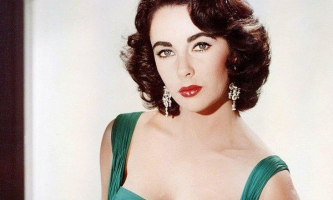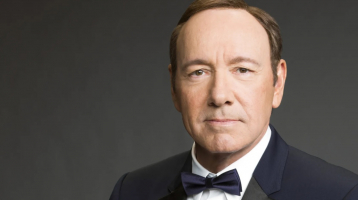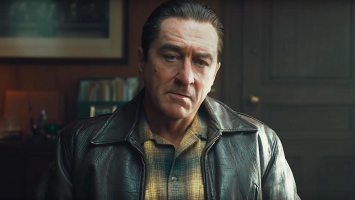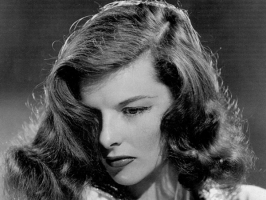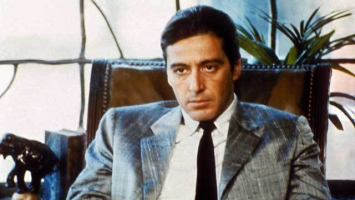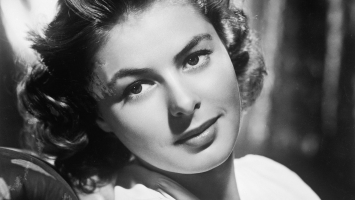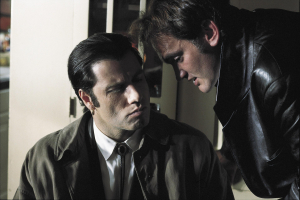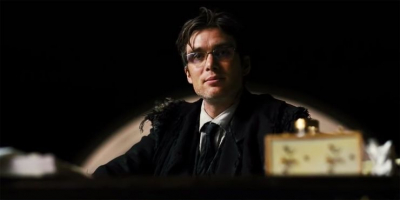Top 10 Best Movies of Bette Davis
Bette Davis was born in Massachusetts in 1908 and arrived in Hollywood at the age of 22 in 1930. Davis was nominated for eleven Academy Awards for Best Actress ... read more...over her long career and won two for her roles in Dangerous (1935) and Jezebel (1938). Let's take a look at the best movies of this great actress below!
-
All About Eve is a 1950 American drama film produced by Darryl F. Zanuck and written and directed by Joseph L. Mankiewicz. It's based on Mary Orr's 1946 short tale "The Wisdom of Eve". The film stars Bette Davis as Margo Channing, a highly regarded but aging Broadway star, and Anne Baxter as Eve Harrington, an intelligent young fan who infiltrates Channing's life, putting her career and personal relationships in jeopardy.
All About Eve received a record 14 Academy Award nominations and won six, including Best Picture. It was praised by reviewers at the time of its release. All About Eve is the first film in Academy Award history to receive four nominations for female performance (Davis and Baxter as Best Actress, Holm and Ritter as Best Supporting Actress). All About Eve is widely regarded as one of the greatest films of all time. The film was ranked No. 16 on the American Film Institute's 100 Best American Films list in 1998.
Detailed Information:
Directed by: Joseph L. Mankiewicz
Starring: Bette Davis, Anne Baxter, George Sanders, Celeste Holm
Distributed by: 20th Century Fox
Release date: October 13, 1950 (NYC)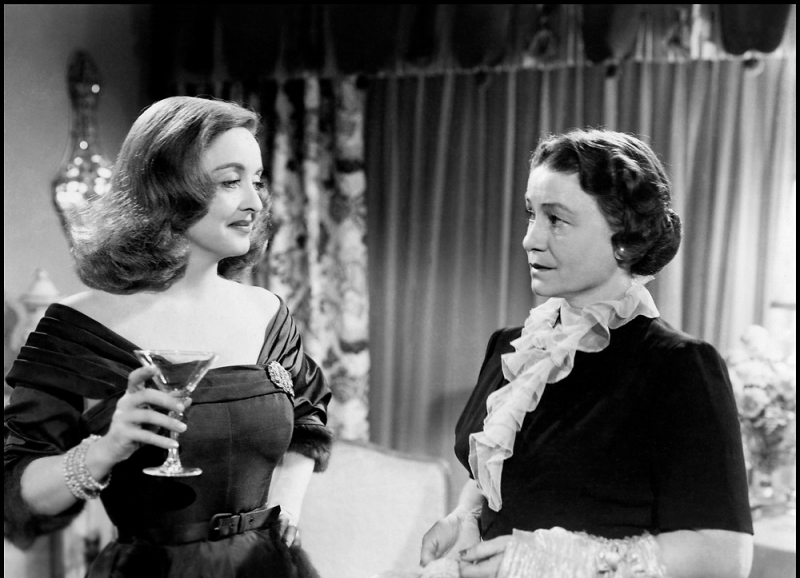
All About Eve (1950) All About Eve (1950) -
What Ever Happened to Baby Jane? is a psychological horror-thriller film directed and produced by Robert Aldrich from a screenplay by Lukas Heller, based on Henry Farrell's 1960 novel of the same name. Bette Davis and Joan Crawford star in the film, which also marks Victor Buono's major film debut. In an old Hollywood mansion, an aged former child star torments her paraplegic sister, a former movie star.
The film's early popularity was greatly influenced by the intense Hollywood rivalry between the film's two stars, Davis and Crawford. The two stars' careers were resurrected in part as a result of this. Critics praised the film for its psychologically driven black humor, camp, and creation of the psycho-biddy subgenre in the years after its release. According to Dave Itzkoff of The New York Times, the film is a "cult classic" because of its performers' popularity.
Detailed Information:
Directed by: Robert Aldrich
Starring: Bette Davis, Joan Crawford
Release date: October 31, 1962
Running time: 134 minutes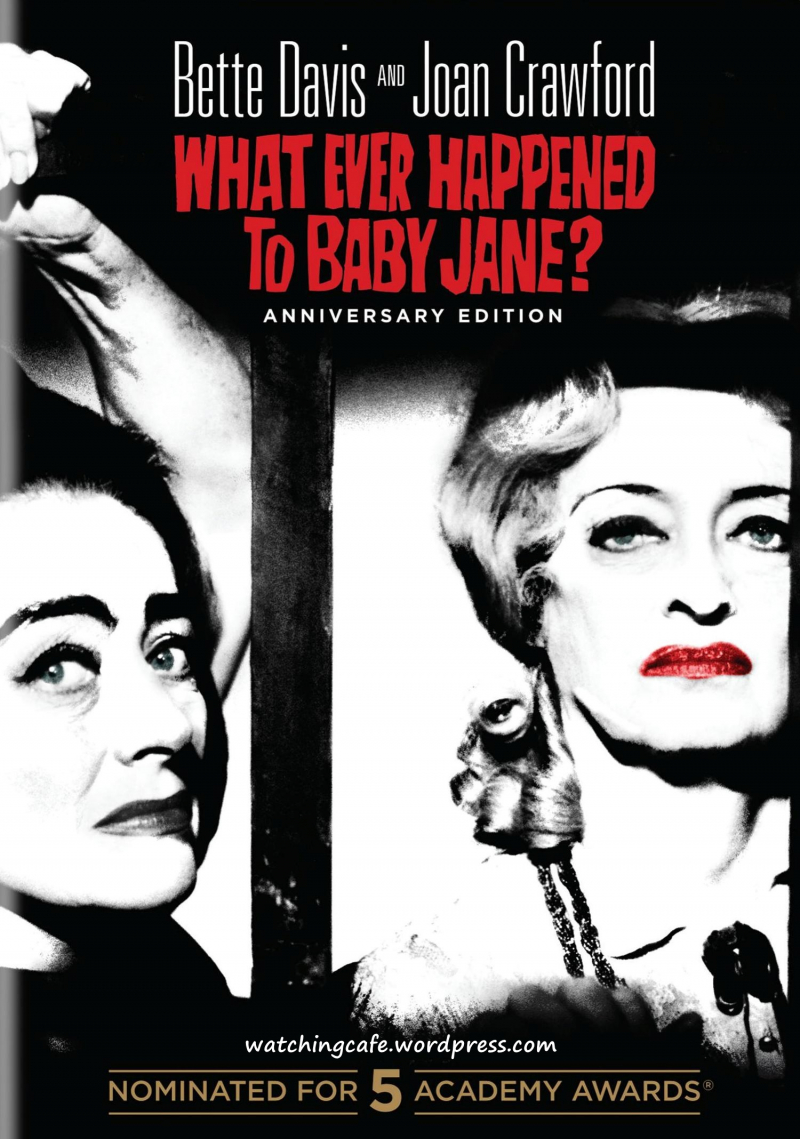
What Ever Happened to Baby Jane? (1962) What Ever Happened to Baby Jane? (1962) -
William Wyler directed The Little Foxes, a 1941 American drama film. Lillian Hellman's script is based on her 1939 play The Little Foxes. The Little Foxes made over $2.1 million at the box office and was a big hit once it came out. Davis and the rest of the cast were praised by reviewers and audiences alike! The Little Foxes is still a great movie, and it's a must-see for anybody interested in Davis' career or classic Hollywood films.
At the turn of the twentieth century, the cruel, well-heeled Hubbard clan lives in and poisons their section of the deep South. Regina Giddens, née Hubbard, is in charge of her daughter. Mrs. Giddens is estranged from her husband, who is recovering from a terminal illness in Baltimore. She, on the other hand, needs him back and will use her daughter to help her get him back. She's working on a shady business transaction with her two older brothers, Oscar and Ben. Oscar is married to a flighty, miserable woman and has a dishonest son. Will the daughter be compelled to marry this nasty cousin? Is she going to be her mother or her aunt when she grows up? Or will she be able to avoid both fates?
Detailed Information:
Directed by: William Wyler
Starring: Bette Davis, Herbert Marshall, Teresa Wright
Release dates: August 29, 1941 (U.S.)/August 20, 1941 (Premiere-New York City)
Running time: 115 minutes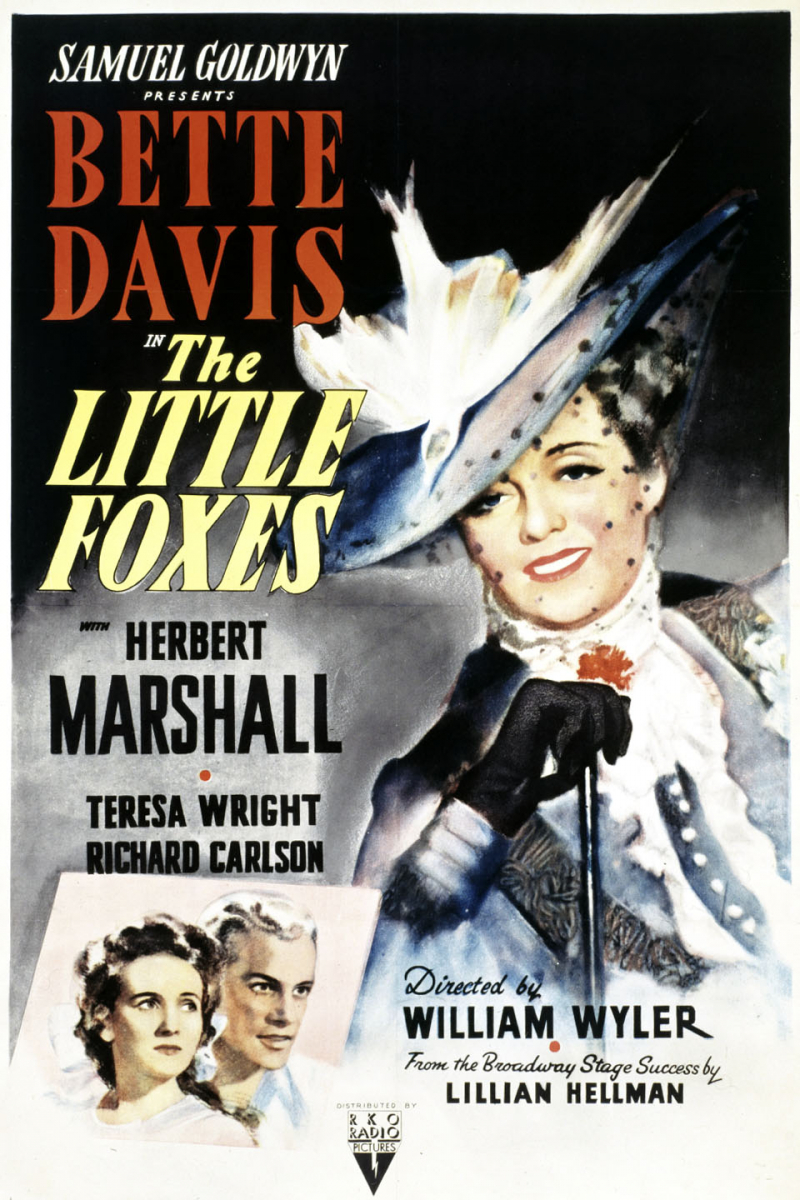
The Little Foxes (1941) The Little Foxes (1941) -
Now, Voyager is a 1942 drama film from the United States. Casey Robinson's screenplay is based on Olive Higgins Prouty's 1941 novel of the same name. The film is fantastic, and it is unquestionably one of Bette Davis' greatest. When it was released, it was a critical and audience favorite, making $4 million at the box office. Given that the film only cost $800,000 to produce, this was a huge profit for the studio!
Charlotte Vale (Bette Davis), a Boston heiress, is a neurotic mess, thanks to her controlling mother (Gladys Cooper). Charlotte breaks from her shell after a stay in a sanatorium, where she receives the attention of Dr. Jasquith (Claude Rains) and decides to go on a cruise. She meets Jerry (Paul Henreid) on the ship and falls in love with him despite the fact that he is married. Before leaving for the United States, they had a brief tryst in Rio, during which Charlotte attempts to forget him and find happiness.
Detailed Information:
Directed by: Irving Rapper
Starring: Bette DavisPaul HenreidClaude RainsGladys Cooper
Release dates: October 22, 1942 (New York City)/October 31, 1942 (USA)
Running time: 117 minutes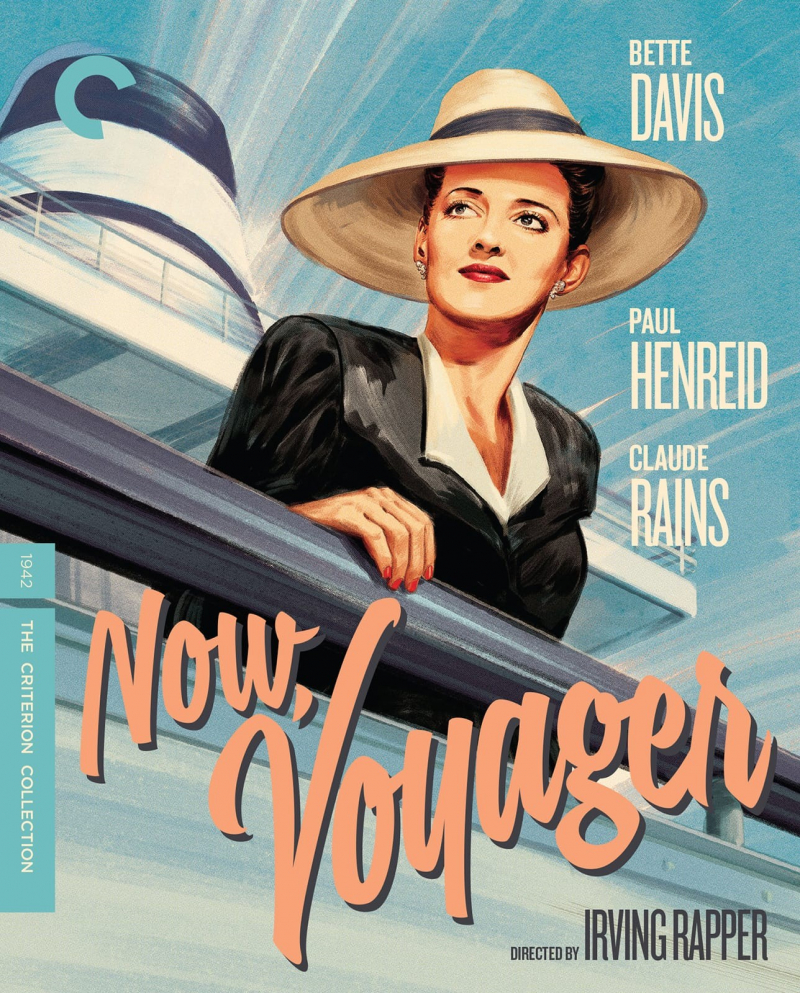
Now, Voyager (1942) Now, Voyager (1942) -
Robert Aldrich directed and produced the psychological thriller film Hush...Hush, Sweet Charlotte in 1964. It follows a middle-aged Southern woman who asks her cousin to assist her to fight the local government's probable demolition of her home after being accused of the unsolved murder of her boyfriend decades previously. Henry Farrell and Lukas Heller adapted the script from Farrell's unpublished short story "What Ever Happened to Cousin Charlotte?"
While Bette Davis wasn't exactly a big star in the 1960s, she was still making great movies that a lot of people loved. For the most part, Davis' performance was well-received by the critics. The film was well-received by audiences, and it grossed $4 million at the box office. The film was nominated for seven Academy Awards in total, although Davis did not get an Oscar nomination for her performance.
Detailed Information:
Directed by: Robert Aldrich
Starring: Bette Davis, Olivia de Havilland, Joseph Cotten, Agnes Moorehead
Release date: December 16, 1964
Running time: 133 minutes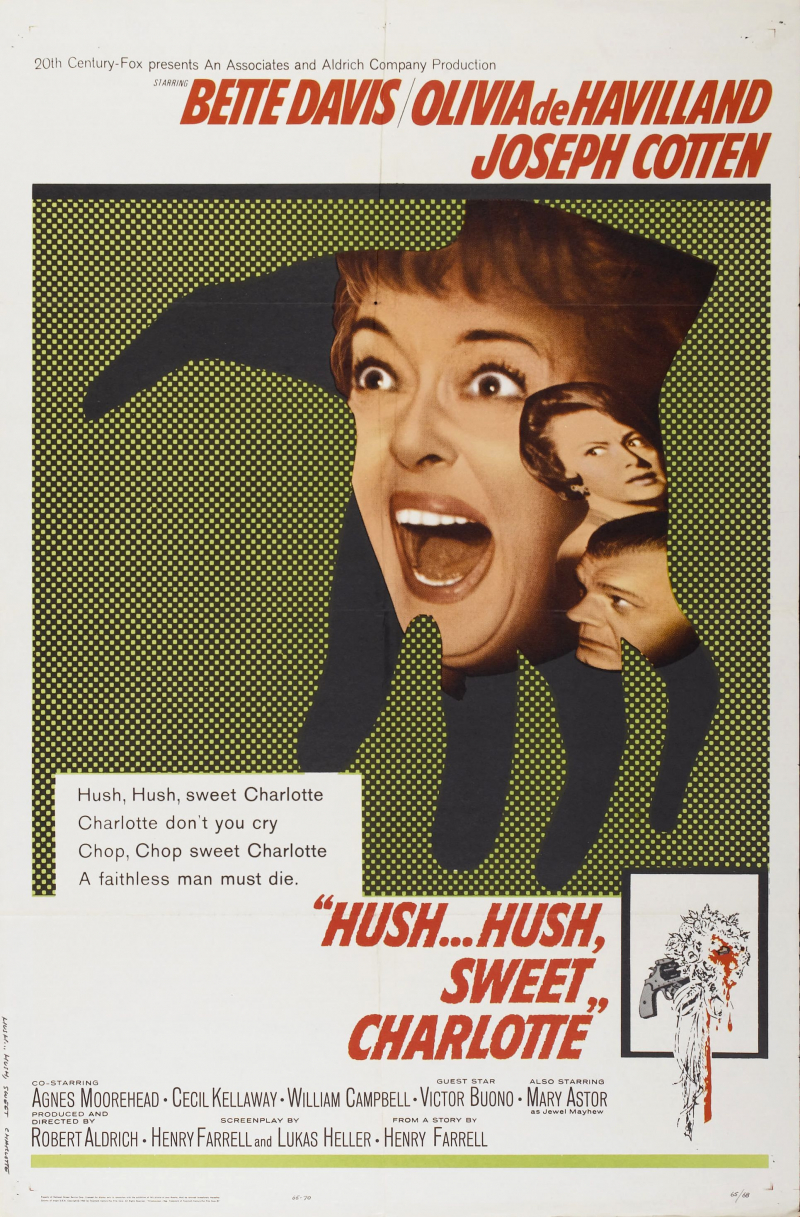
Hush… Hush, Sweet Charlotte (1964) Hush… Hush, Sweet Charlotte (1964) -
Mr. Skeffington is a 1944 American drama film directed by Vincent Sherman and based on Elizabeth von Arnim's 1940 novel of the same name. Bette Davis plays a gorgeous but self-centered woman who has plenty of suitors but marries Job Skeffington, portrayed by Claude Rains, primarily to get her brother out of prison. It also makes a point about Skeffington's Jewish standing in high society in 1914, as well as his eventual relationship with Nazi Germany.
Perhaps the marriage in the film isn't always a beautiful, lovely thing... but it's certainly fun to watch. Mr. Skeffington was a huge hit at the box office, with both critics and audiences praising it. It made almost $3 million in box office receipts. Mr. Skeffington is a great movie, it is unquestionably one of the best Bette Davis films.
Detailed Information:
Directed by: Vincent Sherman
Starring: Bette Davis, Claude Rains
Release date: May 25, 1944
Running time: 145 minutes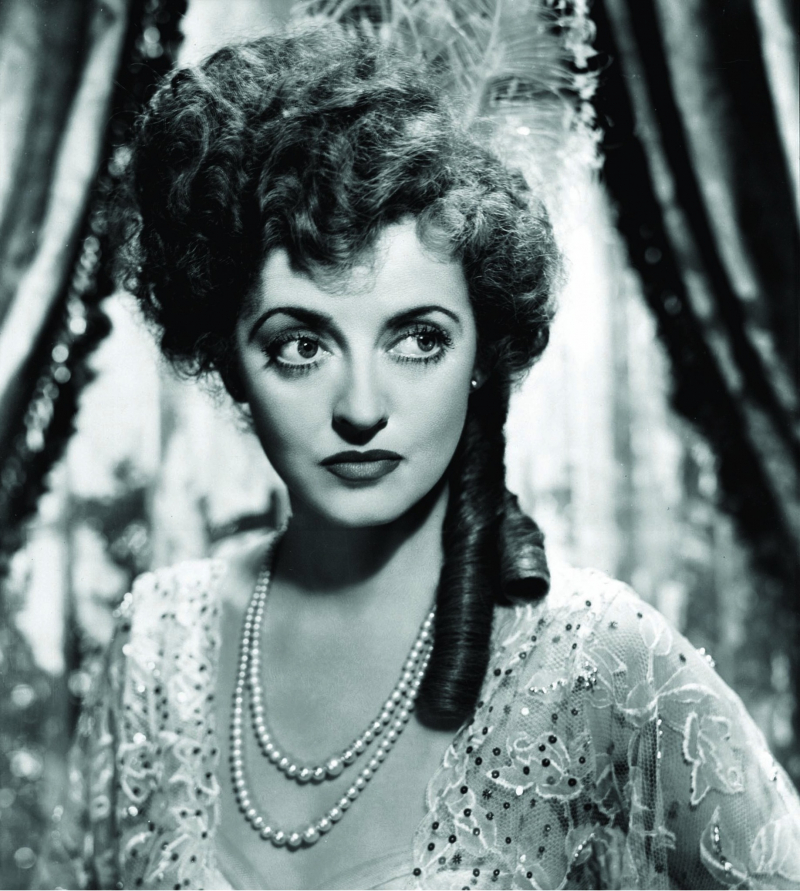
Mr. Skeffington (1944) Mr. Skeffington (1944) -
Bette Davis, Herbert Marshall, and James Stephenson feature in The Letter, a 1940 American film noir criminal thriller directed by William Wyler. The script by Howard E. Koch is based on W. Somerset Maugham's 1927 play of the same name, which was adapted from his own short tale.
Leslie Crosbie (Bette Davis) murders a guy in Singapore, claiming he tried to take advantage of her. Her husband, Robert (Herbert Marshall), hires attorney Howard Joyce (James Stephenson) to defend her when she is jailed. During the trial, Howard comes upon an incriminating letter that calls Leslie's story in doubt. The two become involved in a blackmail plan with a Malayan clerk (Victor Sen Yung) and the wife of the dead man (Gale Sondergaard). After the premiere of this film, Davis was nominated for an Academy Award for Best Actress. Davis and the whole cast were acclaimed for their performances by critics, and the film is still worth seeing today.
Detailed Information:
Directed by: William Wyler
Starring: Bette Davis, Herbert Marshall, James Stephenson
Release date: November 22, 1940 (New York City)
Running time: 95 minutes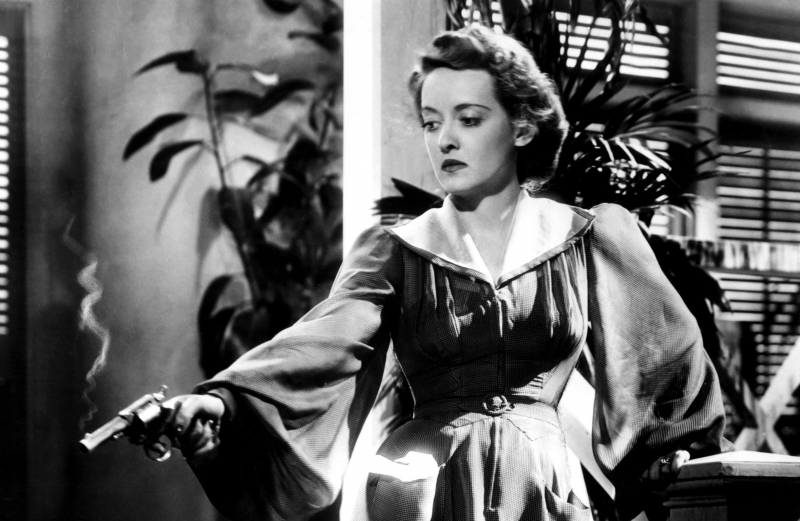
The Letter (1940) The Letter (1940) -
For many reasons, The Man Who Came to Dinner is one of Bette Davis' greatest films. For one thing, it's a comedy in which she really shines. Davis is arguably most known for her dramatic appearances in both tearjerkers and horror films. A refreshing change of pace is The Man Who Came to Dinner. The Man Who Came to Dinner is a screwball comedy film directed by William Keighley and released in 1942. The screenplay by Julius and Philip G. Epstein is based on Moss Hart and George S. Kaufman's 1939 play The Man Who Came to Dinner.
The film follows a critic who is forced to live with a midwestern family after suffering a hip injury. When the film was released, Davis, the whole cast, and the film as a whole got positive reviews. The comedy was also well received by audiences, with the film grossing $2.6 million worldwide.
Detailed Information:
Directed by: William Keighley
Starring: Bette Davis, Ann Sheridan, Monty Woolley
Release date: January 1, 1942 (U.S.)
Running time: 112 minutes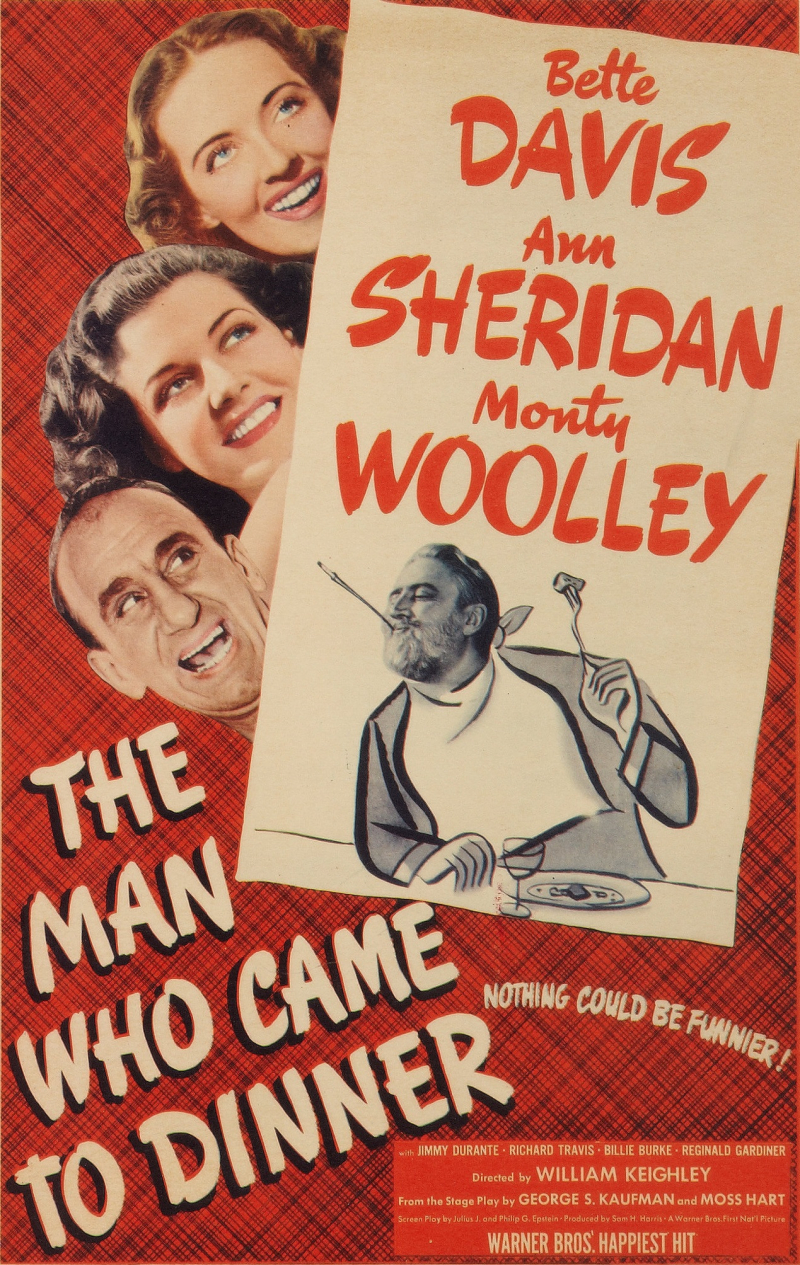
The Man Who Came to Dinner (1942) The Man Who Came to Dinner (1942) -
Edmund Goulding directed Dark Victory, a 1939 American drama film. Casey Robinson's script was based on George Brewer and Bertram Bloch's 1934 drama of the same name, which starred Tallulah Bankhead.
Dark Victory is about a flighty socialite whose life is turned upside down when she learns she has a brain tumor. Davis is a real powerhouse in this movie, which comes as no surprise. Her performance was praised by most critics at the time of its publication, and that opinion hasn't altered in the decades afterward. Her performance was well-received by audiences, and Dark Victory earned $1.3 million at the box office when it was released. It's still a lot of fun to see, and it's one of the greatest Bette Davis films ever filmed.
Detailed Information:
Directed by: Edmund Goulding
Starring: Bette Davis, George Brent, Geraldine Fitzgerald, Humphrey Bogart
Release date: April 22, 1939 (U.S.)
Running time: 104 minutes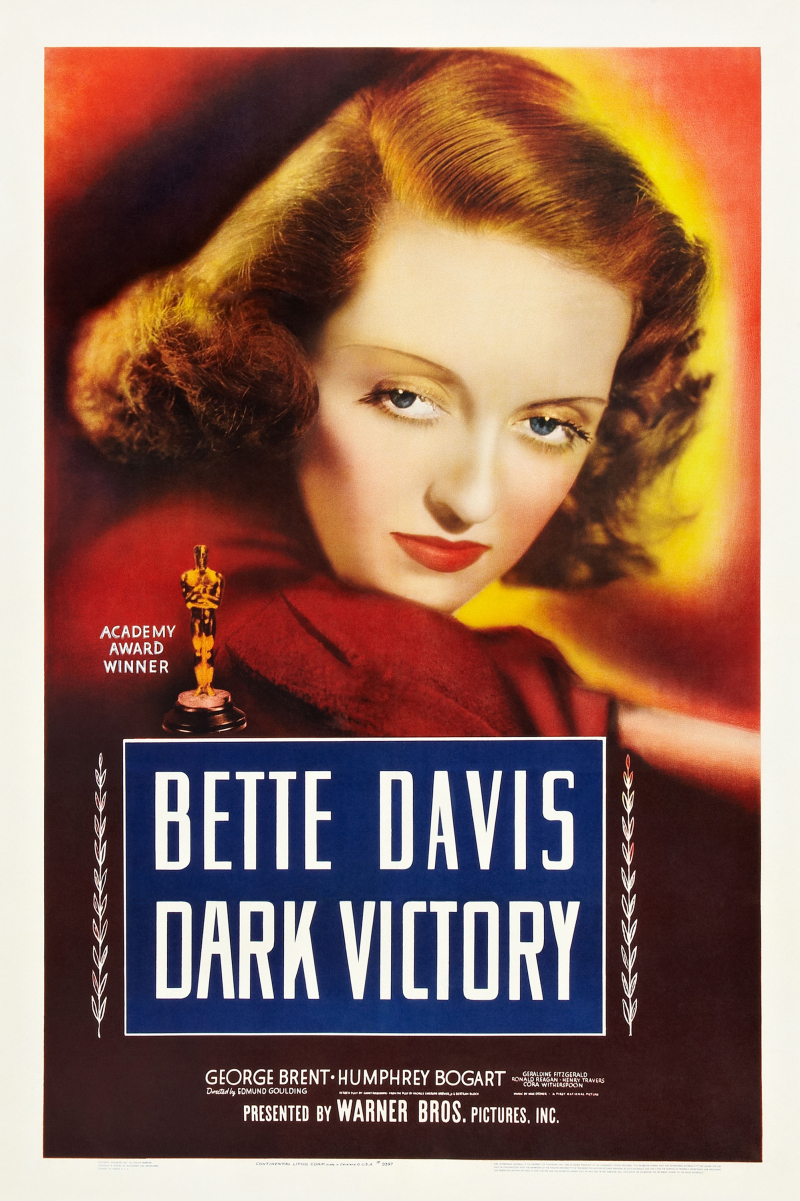
Dark Victory (1939) Dark Victory (1939) -
Jezebel is a Southern drama set in Louisiana in the 1850s. The film follows a tenacious young girl (Davis) who has lost her fiancé and is determined to reclaim him once and for all. The film was well-received by critics, particularly Davis, who surprised almost all of them. Bette Davis won her second and last Academy Award for Best Actress for Jezebel.
Jezebel is a great movie that has withstood the test of time to a certain extent. It's still a lot of fun, at the very least. When compared to the rest of Davis' performances, Jezebel, while entertaining, comes in last. But she's a fantastic actor, and it's not like she doesn't shine in this film! Jezebel is still considered one of Bette Davis' greatest films.
Detailed Information:
Directed by: William Wyler
Starring: Bette Davis, Henry Fonda, George Brent, Margaret Lindsay
Release dates: March 10, 1938 (New York)/March 26, 1938
Running time: 103 minutes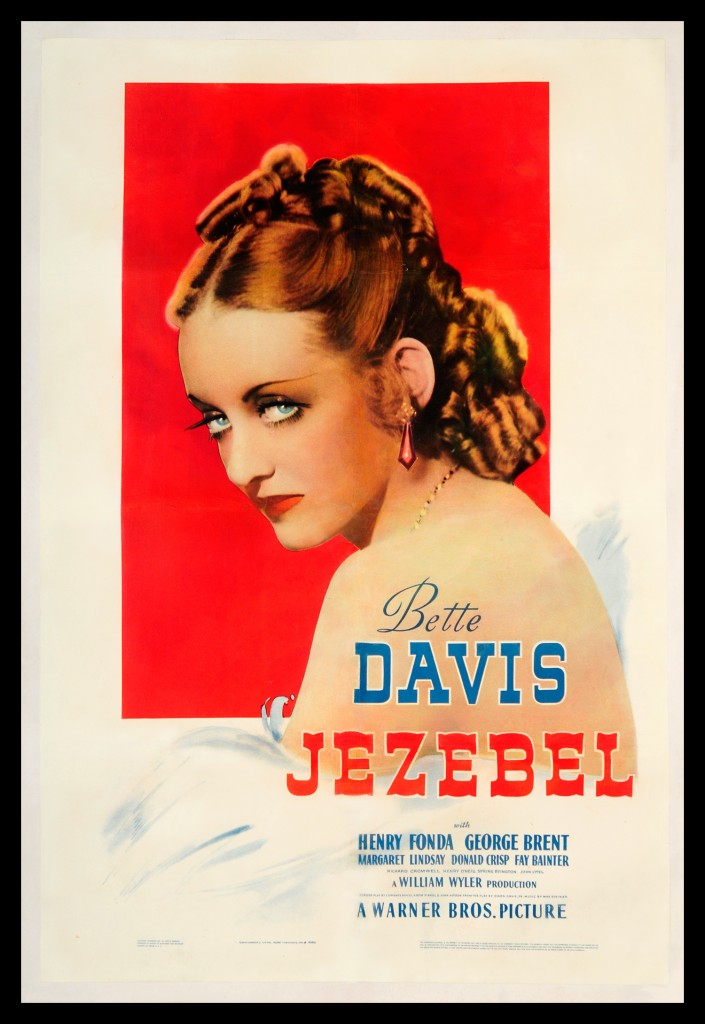
Jezebel (1938) Jezebel (1938)












